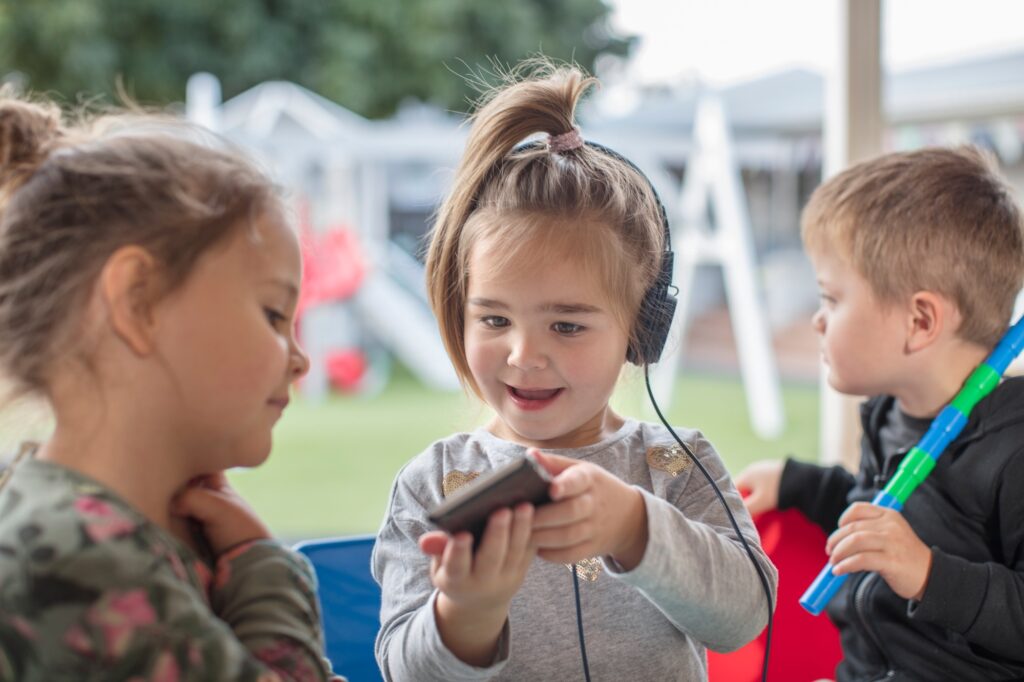When it comes to teaching young children about sharing, the question often arises: Is it mandatory? While it may not be required, it’s certainly important to support children in developing vital social-emotional skills like cooperation, empathy, and turn-taking. However, the traditional concept of “sharing” — where children give up something just because another child wants it — may not always be developmentally appropriate, especially for toddlers and preschoolers.
Best Practice: Focus on Turn-Taking, Not Forced Sharing
Children between the ages of 2 and 5 are still developing their ability to self-regulate, understand empathy, and have a sense of time. Rather than forcing them to share, it’s better to guide them through the process of turn-taking and waiting for their turn in a respectful, predictable manner.
Best Practices for Teaching Sharing & Turn-Taking
Here are some strategies that early childhood educators can use to help children build these crucial skills:
-
Use Clear, Predictable Language
Instead of simply saying, “Share the blocks,” try saying something like, “You’re using the blocks right now. When you’re done, it will be Jacob’s turn.” This teaches respect for ownership and sets the expectation that others will have a chance to play. -
Use Visual Supports
Tools like a sand timer or a picture of “who’s next” help children understand when it’s their turn and when they can expect to have a chance with a toy or game. -
Model and Narrate Sharing Behaviors
As a teacher or caregiver, it’s helpful to model the behavior you want to see. For example, you might say, “You offered some of your playdough to Mia. That was kind. You saw she wanted some, and you decided to share.” This reinforces the positive behavior and the reason behind it. -
Celebrate Attempts, Not Perfection
It’s important to recognize the effort children make, even if they don’t share perfectly right away. For instance, saying, “It was hard to wait, but you did it!” celebrates their effort and helps reinforce the learning process. -
Facilitate Problem-Solving
When conflicts arise, guide children in solving them with respectful language: “What can we do if you both want the same truck?” Encourage them to brainstorm ideas, such as waiting for a turn, finding another toy, or playing together. This promotes independence and problem-solving skills.
Avoid This Common Pitfall:
A common mistake many adults make is taking toys away from one child to give them to another in the name of “sharing.” This can create confusion and mistrust, especially in younger children. It teaches them that their belongings can be taken away at any time and that adults may side with the loudest child. Instead, always aim to create an environment where children feel secure in knowing that their turn will come.
The Bottom Line:
Instead of forcing children to share, focus on modeling, scaffolding, and supporting their growth into cooperative, empathetic individuals. By guiding them through turn-taking, offering praise for their efforts, and providing clear language and visual cues, we create a foundation for social skills that will last a lifetime. So, while teaching children to share may not be mandatory, the skills they learn through respectful turn-taking and problem-solving will benefit them for years to come.

